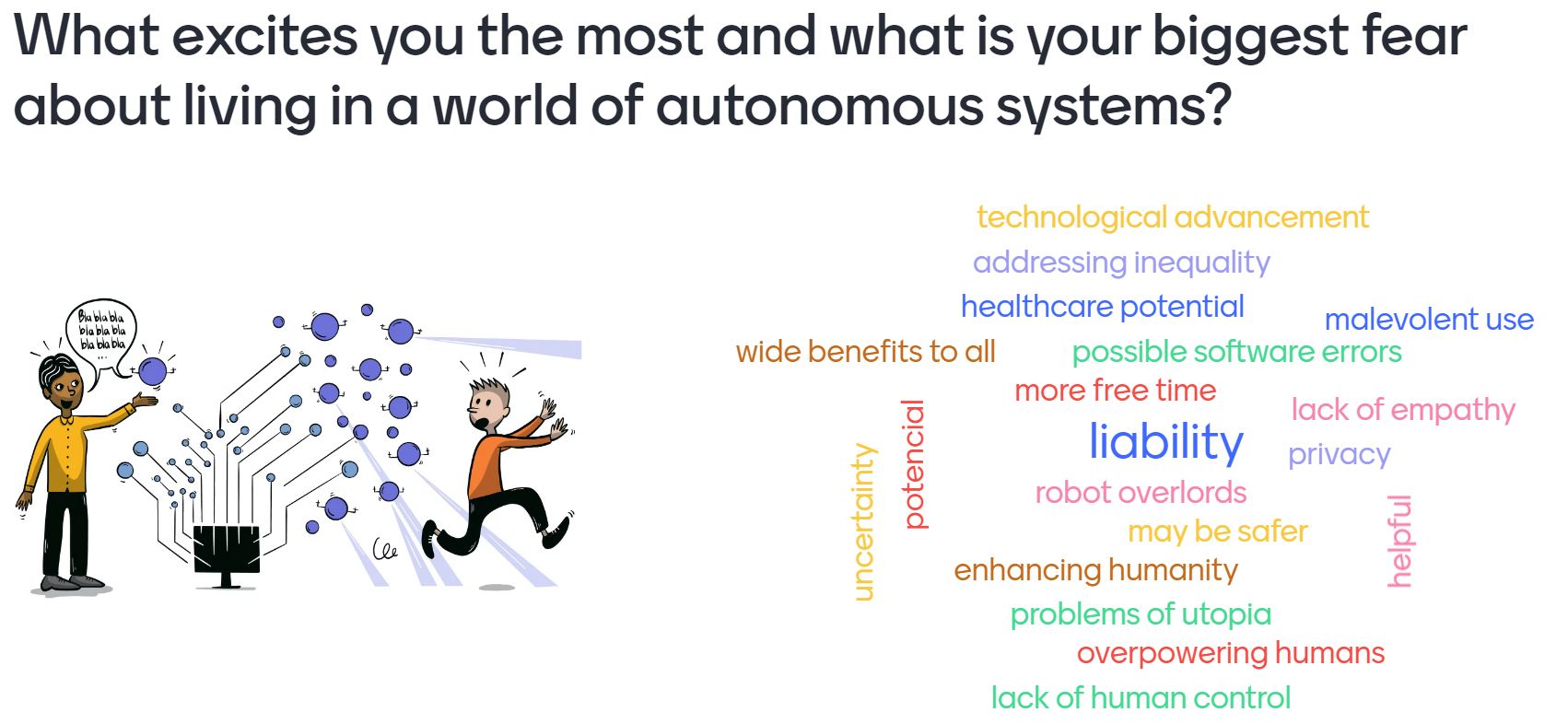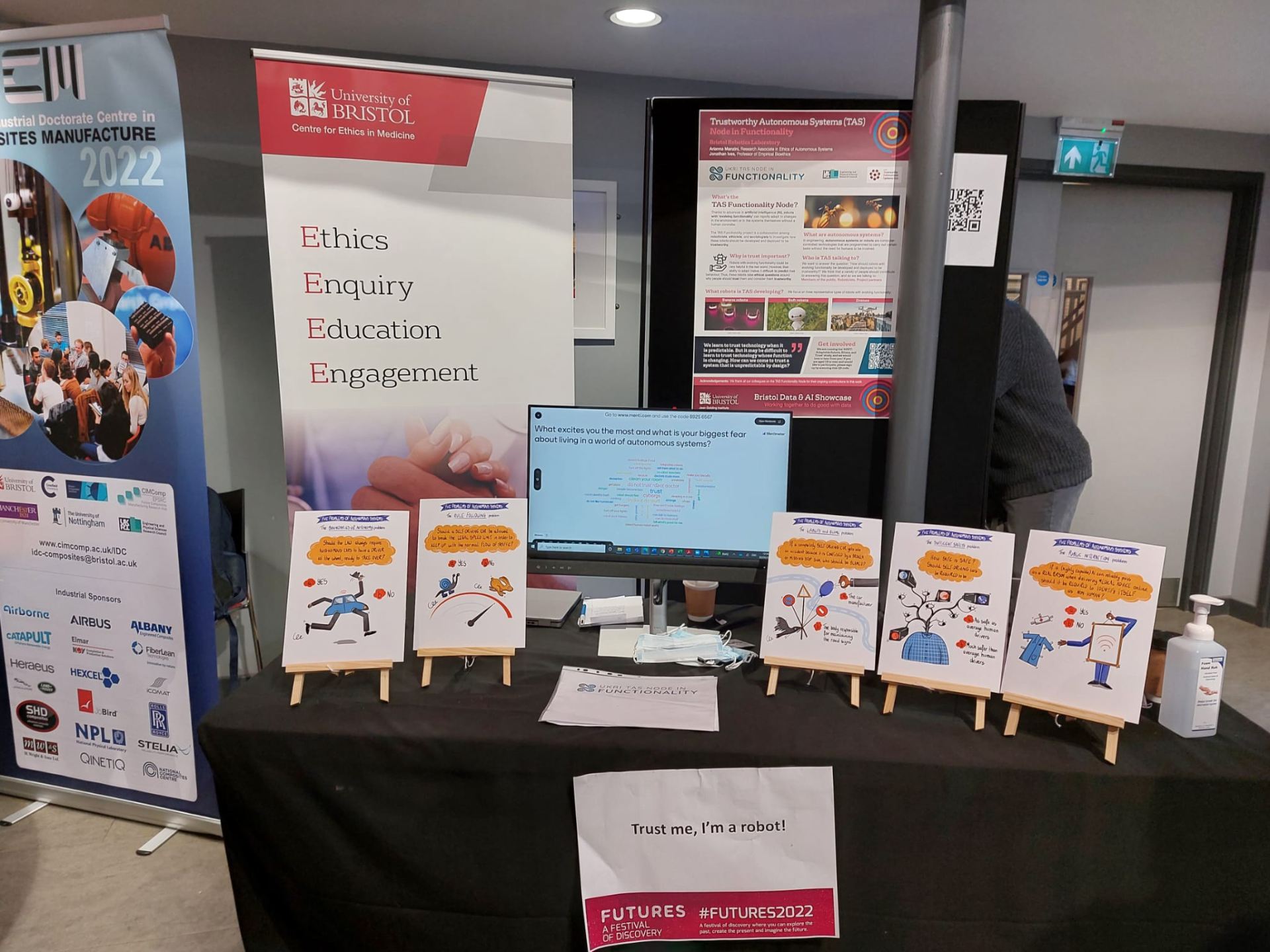Matimba Swana, our TAS PhD student, joined other early career researchers in a “reverse think tank” project last year, organised by the Public Engagement team at University of Bristol and co-led by Kilter Theatre. Designed to be a creative approach to the new emphasis on responsible innovation, as well as encouraging debate about what that means, the reverse think tank challenges the notion of the “expert”. Eleven 15-18 year olds gathered to learn about current research which they then used in a collaborative storytelling activity, based on a Disney strategy they employed to think of new ideas for films.
Although the researchers weren’t present, the young people saw videos of Matimba’s SWARM study research, to get an idea of where the research might lead. She is looking at the ethics and regulations of nanoswarms, a future nanotechnology that could be developed to treat cancer, to help shape the first in-person clinical studies. The young people were excited about the possibility of the technology being used but were concerned about negative consequences such as autonomy and unknown long-term effects. Their story involved a man named Ralph, living in Bristol, in his early 50s. He’s wondering whether to get nanoswarm treatment for cancer, asks for advice from his wife, who is very distrustful of the medical establishment, and is “anti-vaxx” and his friend Bob, who believes this is Ralph’s chance to be immortal. This also highlighted the possible inequalities that could arise from nanoswarm use, and the general distrust of medical advances.
Matimba found the think tank outcomes really useful and says “Something that resonated with me was we conduct research that impacts the future of young people and yet their voices are often not included in this area of research. Engaging young people as peer reviewers of my research has been enriching and a chance to understand their thoughts and feelings about the technologies we are investigating that could impact their future.”
You can read more about it here
If you’d like to participate in our SWARM study focus groups, please go here.





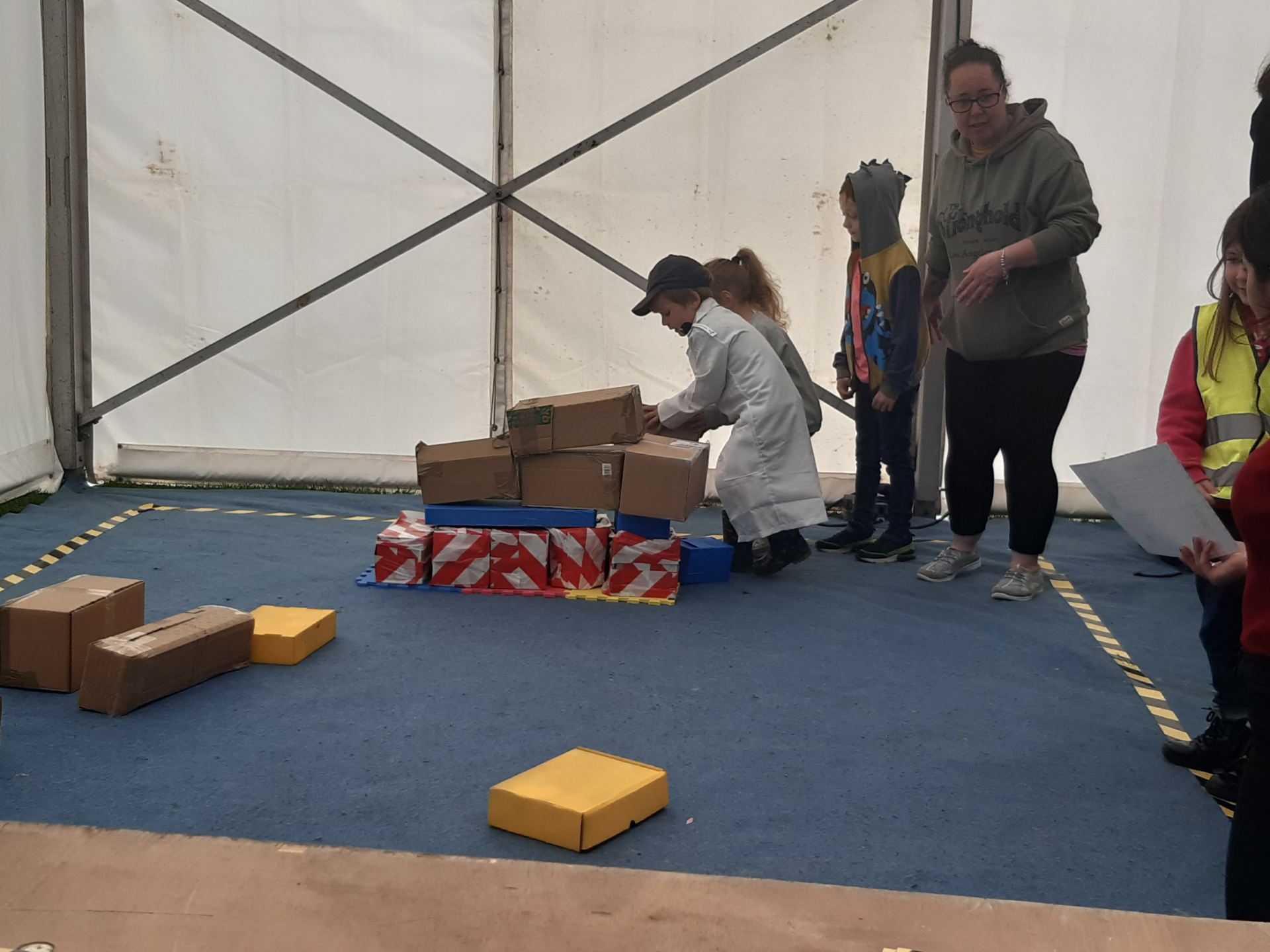

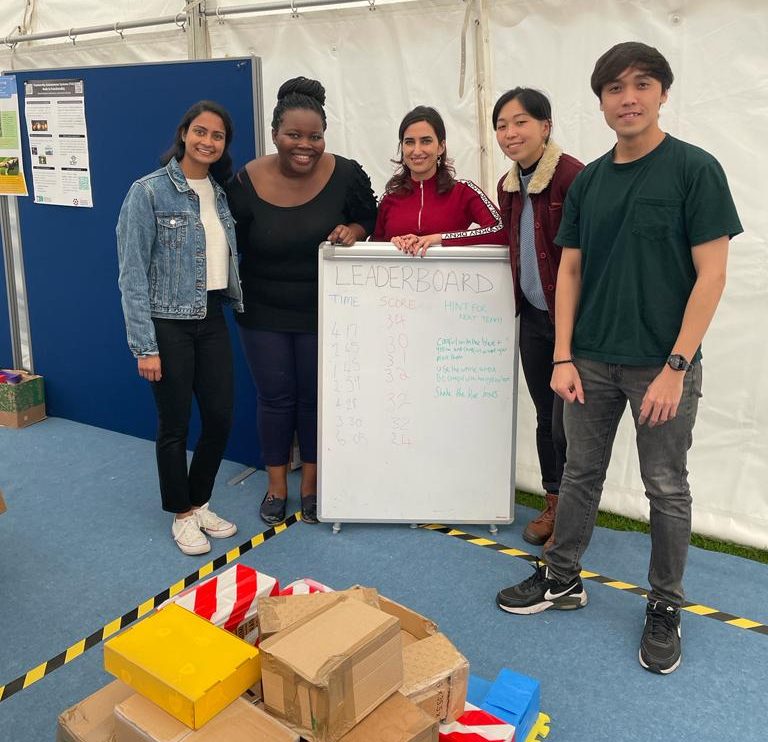
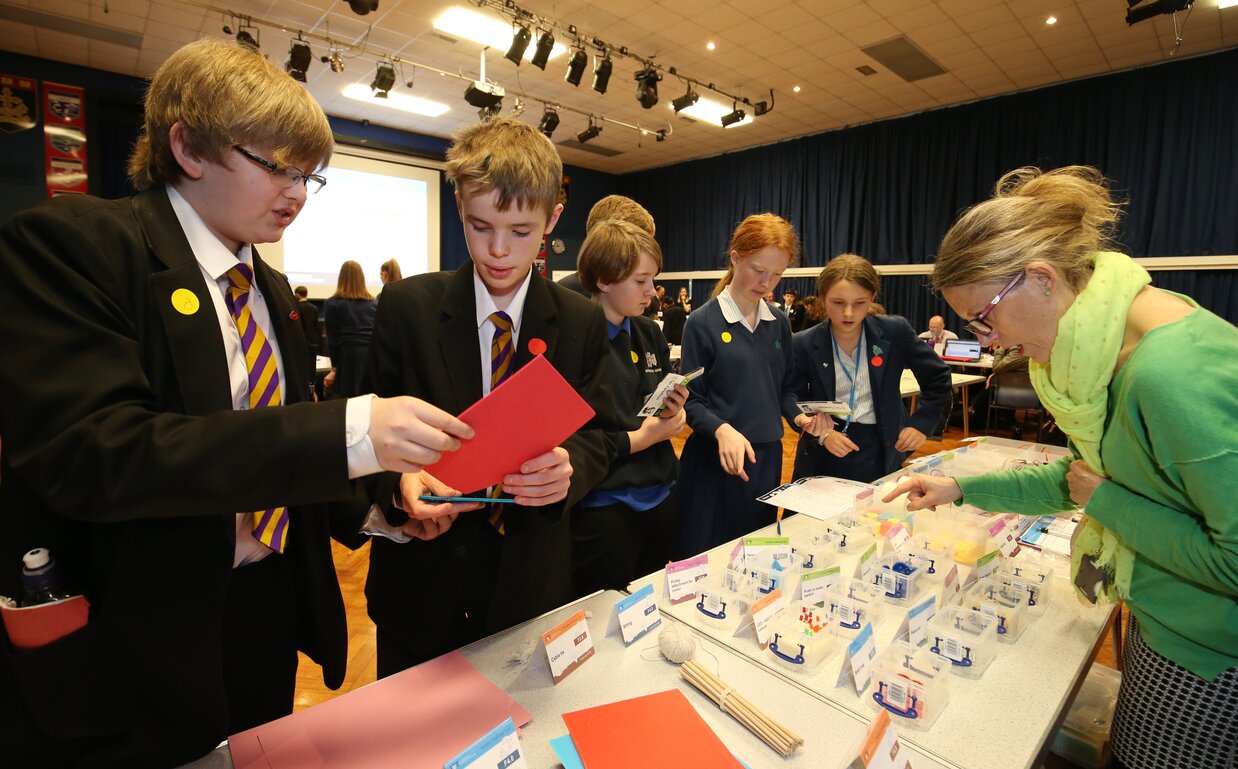

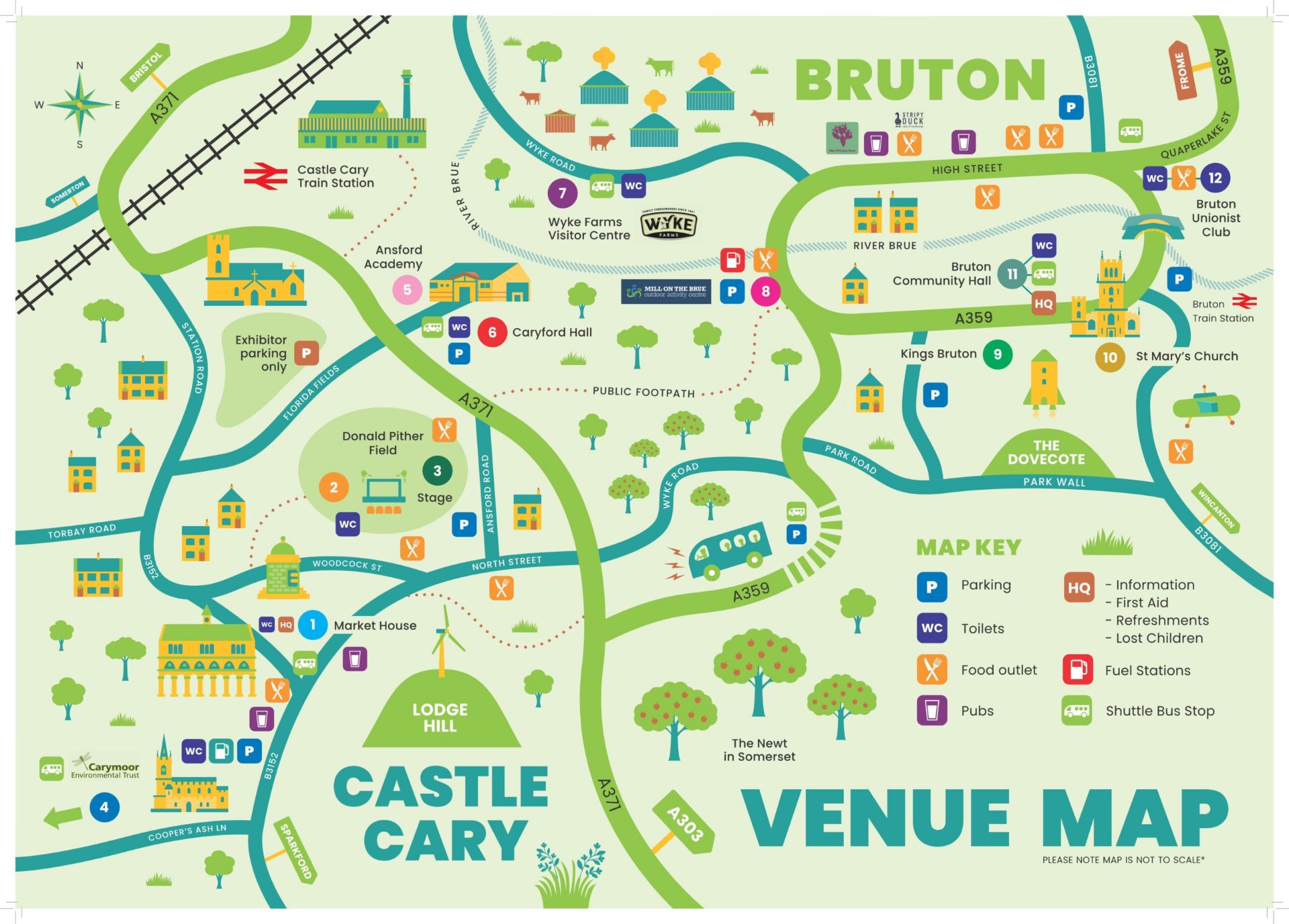
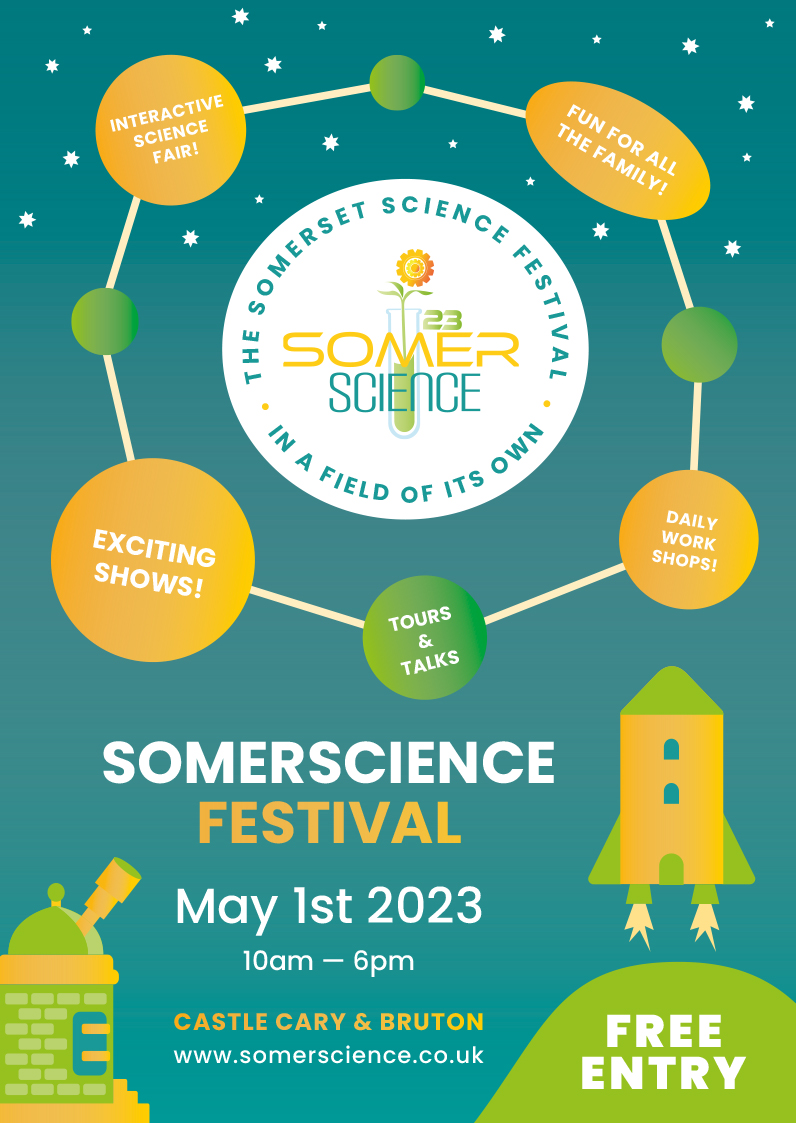
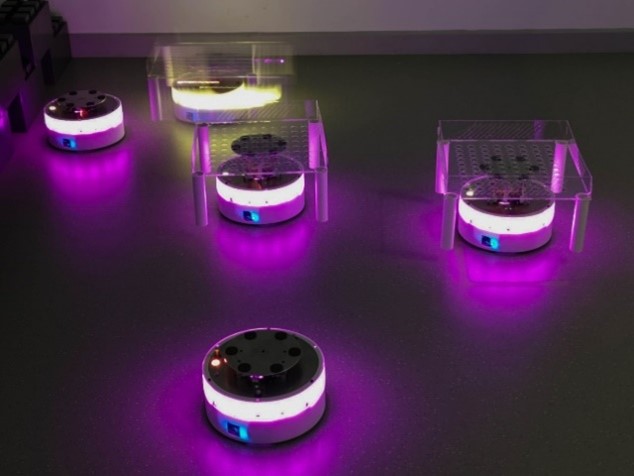
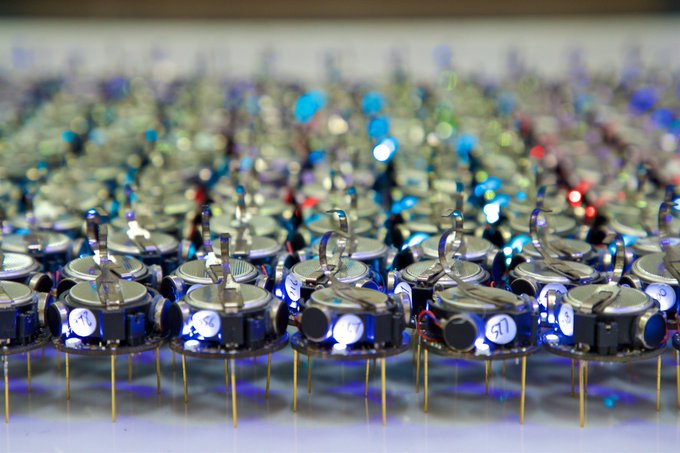
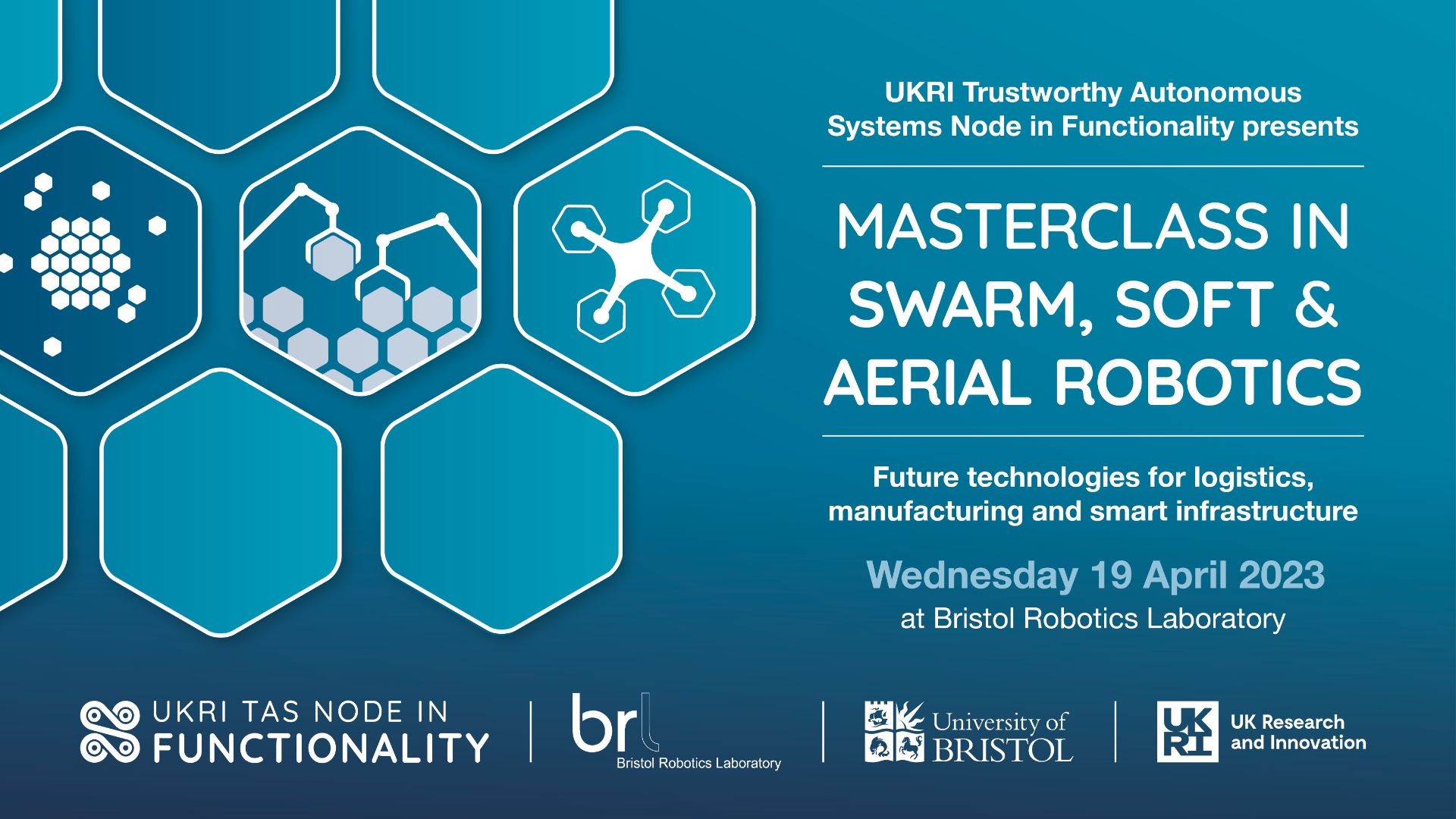

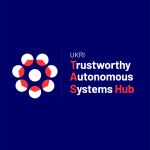 The UKRI Trustworthy Autonomous Systems (TAS) Hub has invited submissions on novel and creative multidisciplinary research projects focused on trustworthy autonomous systems and their responsible development, for the First International Symposium on Trustworthy Autonomous Systems 2023 (TAS ‘23).
The UKRI Trustworthy Autonomous Systems (TAS) Hub has invited submissions on novel and creative multidisciplinary research projects focused on trustworthy autonomous systems and their responsible development, for the First International Symposium on Trustworthy Autonomous Systems 2023 (TAS ‘23).